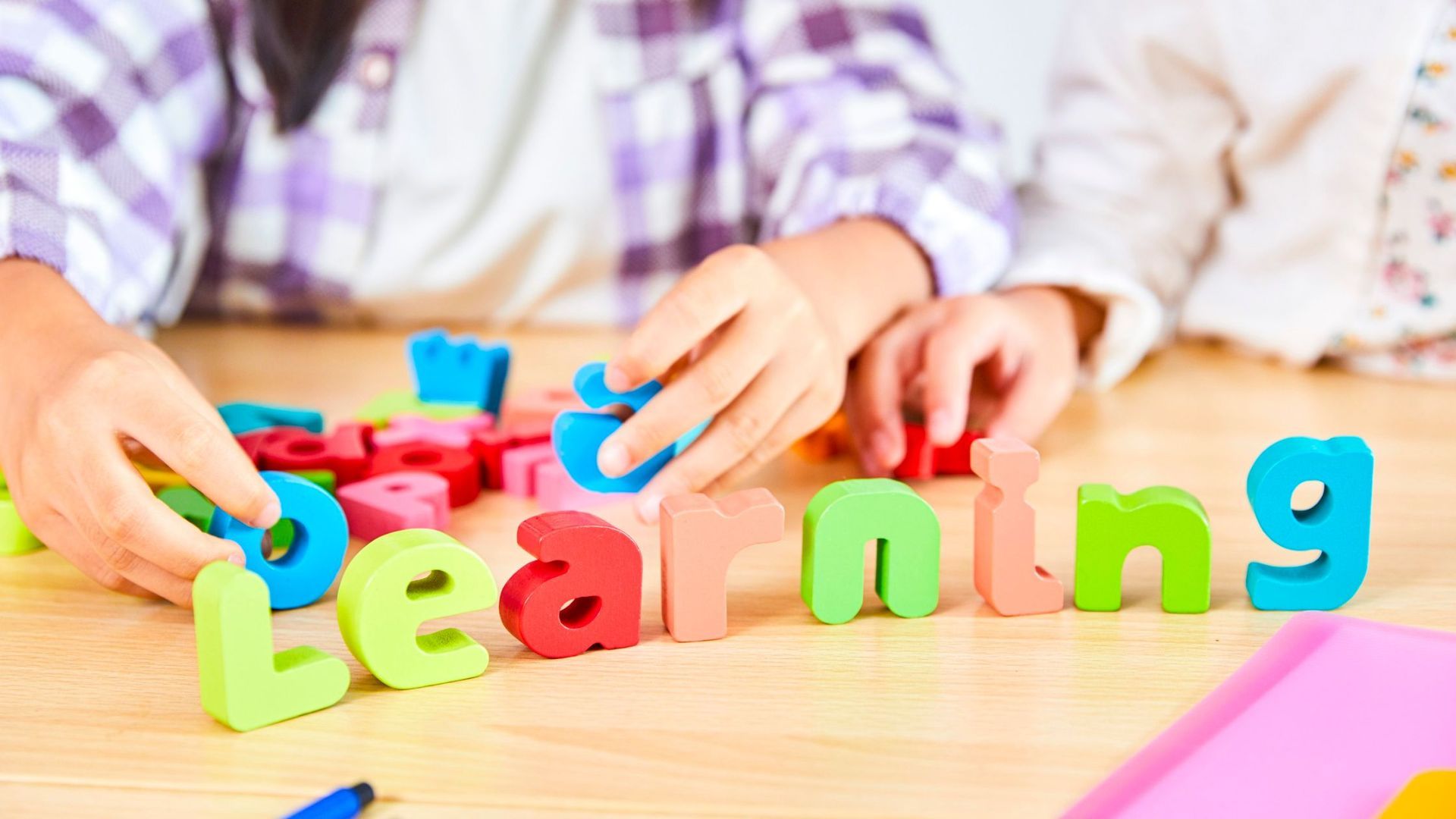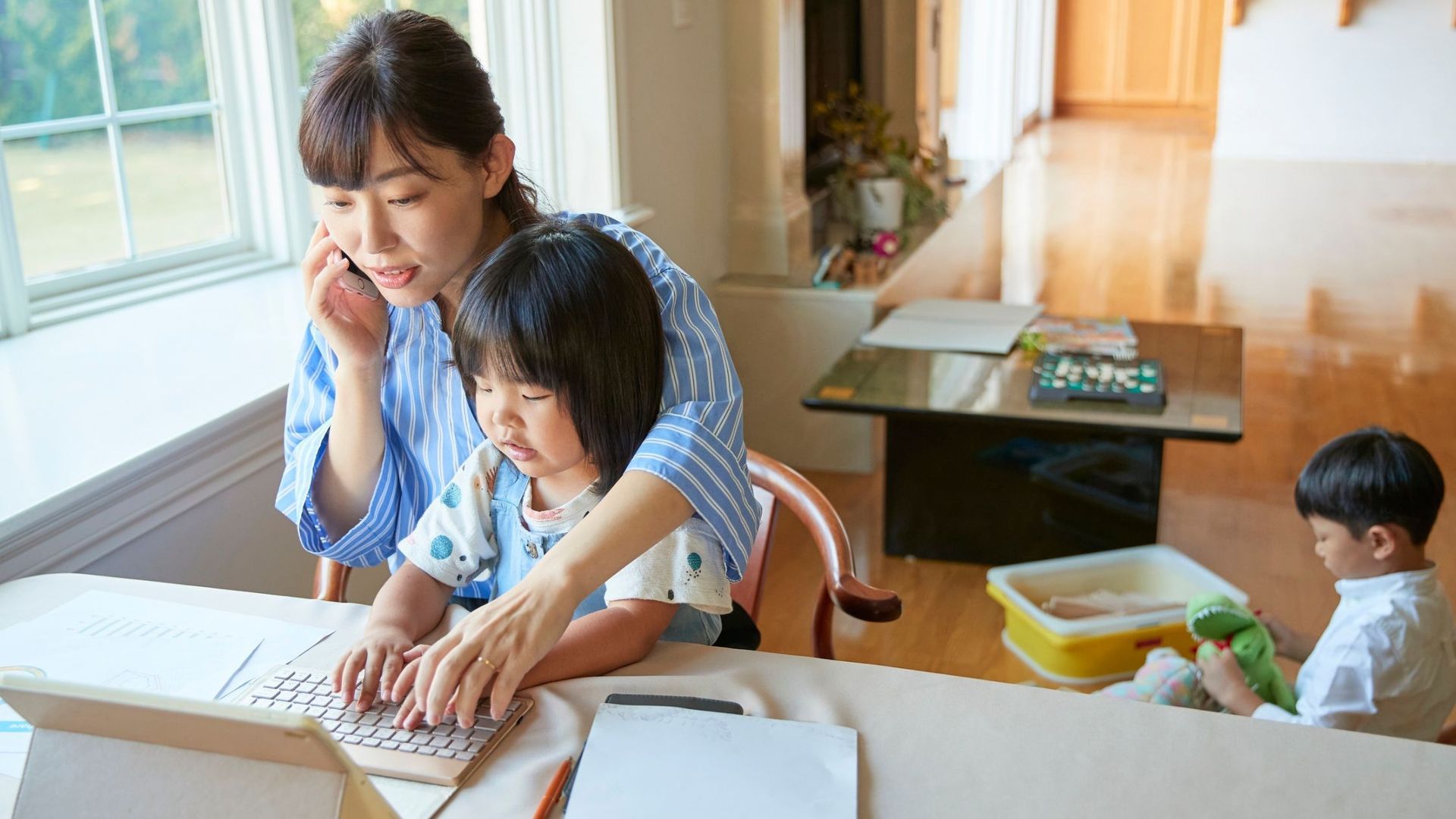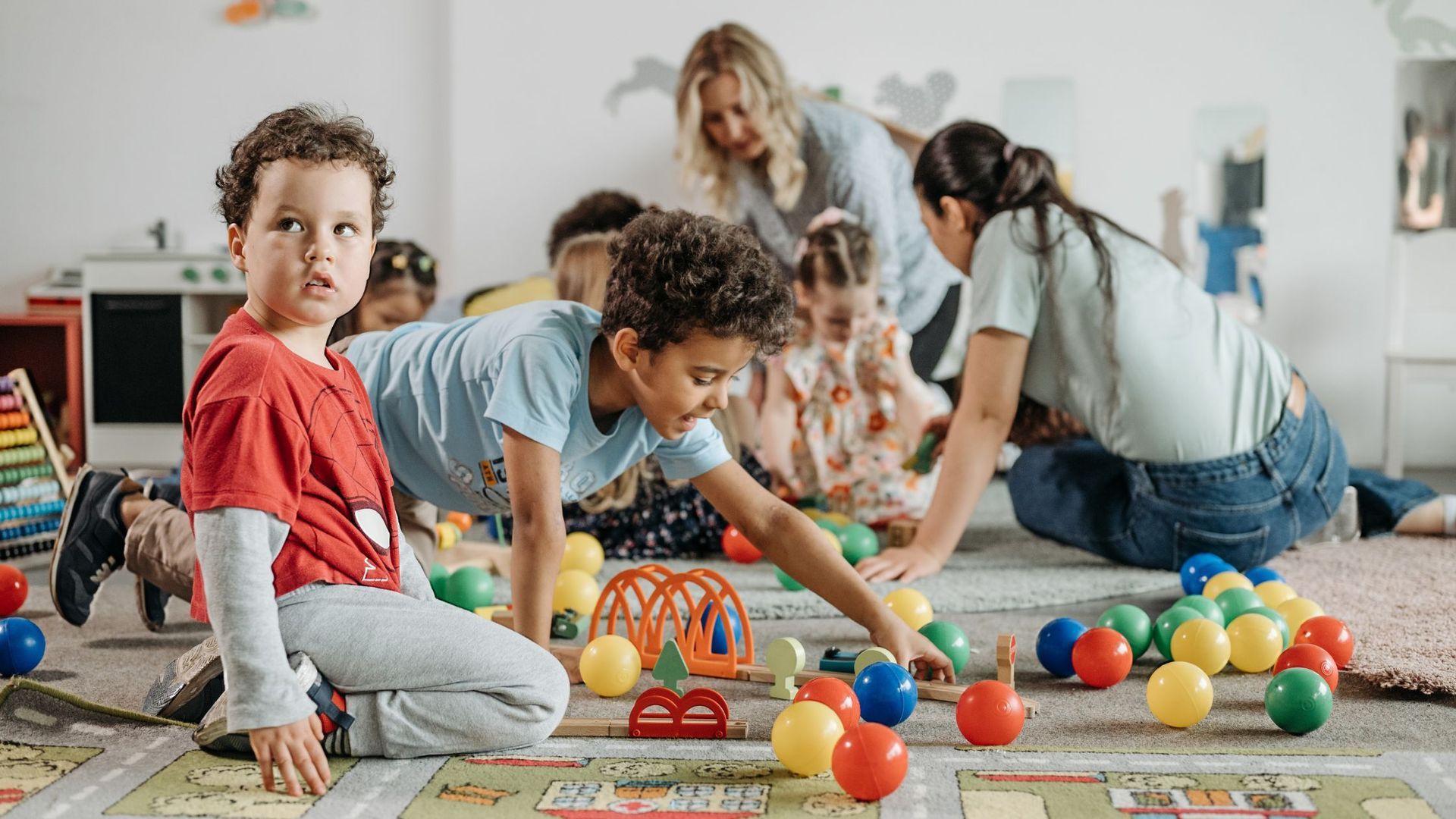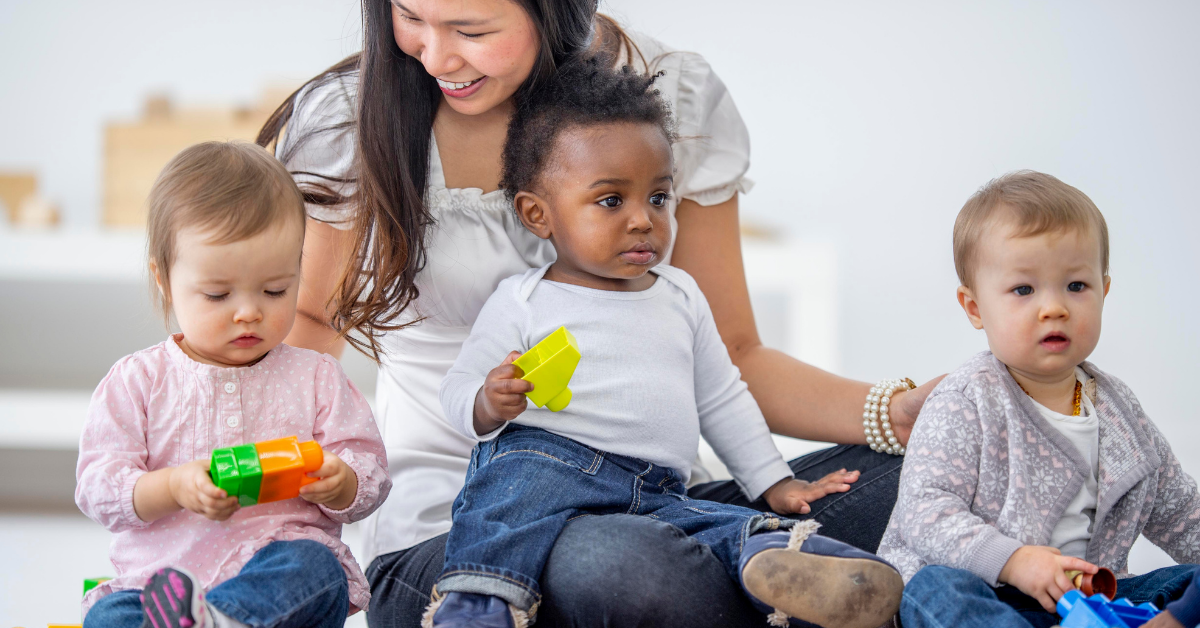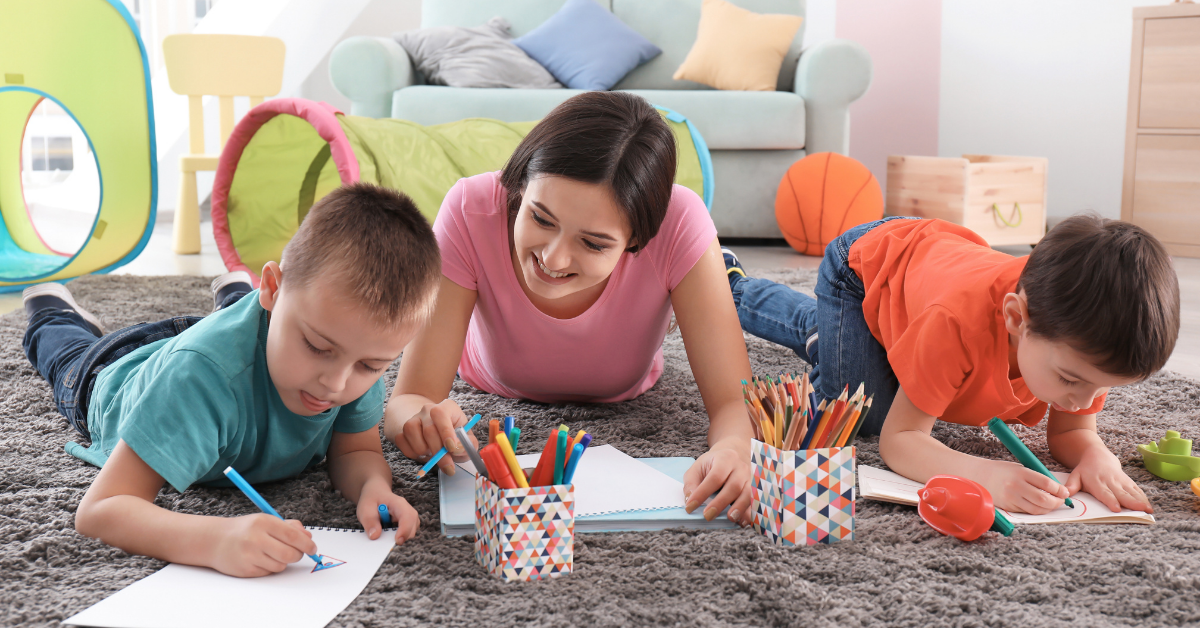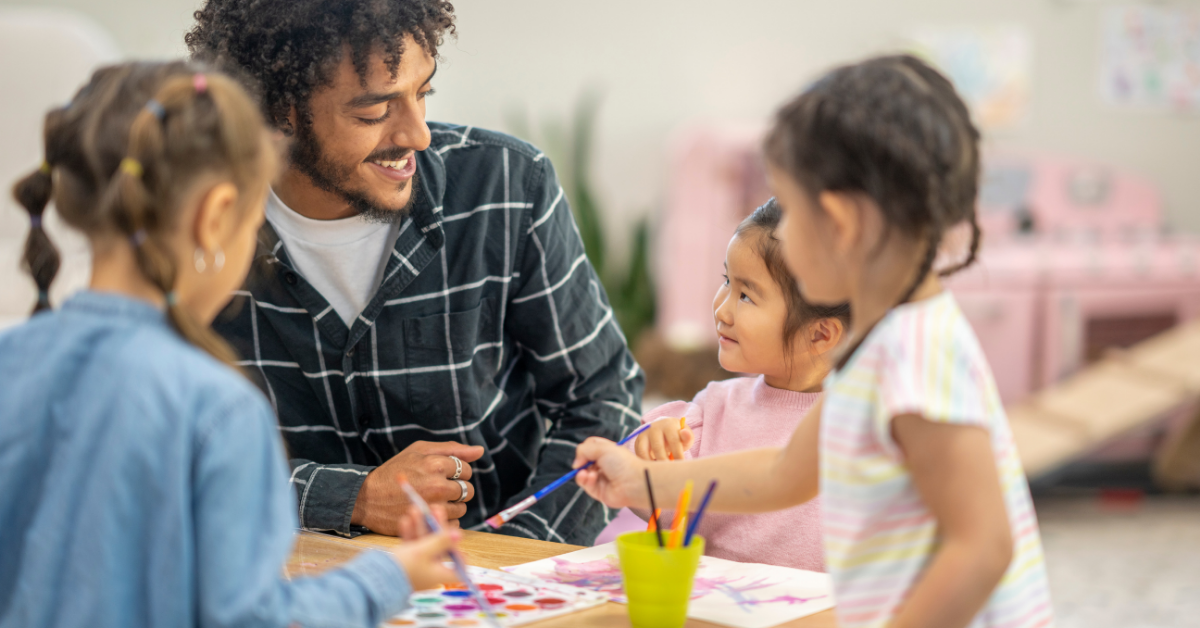Benefits of Outdoor Learning for Young Children

In today’s fast-paced world, where much of a child’s early education takes place indoors, outdoor learning is often overlooked. However, nature-based education is gaining recognition for its powerful impact on children’s cognitive, physical, and emotional development. Research continues to support the idea that spending time outdoors is not just fun; it’s essential for young children’s growth. In this blog post, we will explore the numerous benefits of outdoor learning for young children, from enhancing their cognitive skills to boosting their physical health, and why parents and educators should encourage outdoor education as a vital part of early learning.
What is Outdoor Learning?
Outdoor learning, also known as nature-based education, involves learning experiences that take place outside the classroom, often in natural environments such as parks, forests, gardens, or even the backyard. It encompasses a wide range of activities, from nature walks and gardening to outdoor science experiments and storytelling by the campfire. Outdoor learning fosters curiosity, exploration, and hands-on experiences, allowing children to engage directly with the world around them in a way that can’t be replicated indoors.
Benefits of Outdoor Learning
Outdoor learning provides a holistic educational experience that stimulates children’s physical, cognitive, emotional, and social development. Let’s take a closer look at the key benefits:
1. Enhances Cognitive Development
Spending time outdoors has a profound effect on a child’s cognitive development. Nature-based activities encourage critical thinking, problem-solving, and creativity. For example, when children explore natural environments, they encounter new challenges, such as navigating a rocky path or identifying different plant species. These experiences help to develop important cognitive skills like attention, memory, and reasoning.
Outdoor environments also offer ample opportunities for sensory exploration. Children can observe the textures of leaves, listen to the sounds of birds, or feel the temperature of water in a stream. This multisensory learning enhances brain development, especially in the early years, by stimulating the senses and encouraging neural connections that promote cognitive growth.
2. Boosts Physical Health and Motor Skills
Outdoor learning offers a multitude of physical benefits for young children. The natural world provides opportunities for children to run, jump, climb, and explore, all of which contribute to the development of gross motor skills. Climbing trees, balancing on logs, or running through fields strengthens muscles, improves coordination, and enhances balance and flexibility.
Additionally, outdoor play allows for fine motor skill development through activities like digging, building, or drawing in the sand. These activities promote hand-eye coordination and dexterity. As children interact with the natural world, they develop physical strength and agility that support both their physical health and their overall development.
Moreover, outdoor time is an excellent way to combat the sedentary lifestyle that can come with too much screen time. Regular outdoor play helps children stay active, build endurance, and maintain a healthy weight.
3. Fosters Emotional and Mental Well-Being
Nature has been shown to have a calming effect on children, which is crucial for their emotional well-being. Being outdoors provides a sense of peace and connection to the natural world, which helps to reduce stress and anxiety. Children who spend time outdoors are less likely to experience symptoms of depression and tend to have better mood regulation.
Outdoor learning also offers children opportunities to build resilience and self-confidence. When they explore new environments and encounter challenges, they learn how to persevere, solve problems, and navigate the world with independence. Whether it’s figuring out how to cross a stream or working together to build a fort, these experiences promote a sense of accomplishment and emotional growth.
The exposure to natural light and fresh air is also linked to better mental health. Natural settings improve mood, lower stress levels, and increase overall happiness. In fact, studies show that children who engage in regular outdoor activities exhibit improved emotional stability, which supports their overall development.
4. Promotes Social Skills and Teamwork
Outdoor learning often takes place in group settings, encouraging children to work together and communicate with their peers. Whether they are building a fort, planting a garden, or playing a game of tag, outdoor activities foster teamwork, cooperation, and social skills. Children learn how to share resources, take turns, and resolve conflicts, which are essential life skills that they will carry with them into adulthood.
Through outdoor play, children also develop empathy and respect for others. They learn to recognize and appreciate differences, whether it's in the way a peer approaches a problem or in how they interact with nature. These social interactions help children build friendships, improve their communication skills, and develop the social intelligence that is vital for success in school and later in life.
5. Encourages Creativity and Imagination
Nature is a rich environment for fostering creativity. Outdoor learning provides children with the freedom to explore and create, whether it’s using natural materials to build structures, pretending to be explorers, or inventing games. When children are outdoors, they are free to imagine and engage in open-ended play, which encourages creative thinking and problem-solving.
The natural world also provides endless opportunities for creative expression. Whether they’re picking flowers to make a bouquet or designing a nature-inspired art project, children use their imagination to transform their surroundings into a canvas for self-expression. This kind of creative play is essential for developing a child’s ability to think outside the box and approach challenges from different perspectives.
6. Instills an Appreciation for the Environment
One of the most profound benefits of outdoor learning is the opportunity to foster a deep appreciation for nature and the environment. By spending time outdoors and engaging with the natural world, children develop a sense of environmental stewardship. They learn about ecosystems, the importance of biodiversity, and the need to care for the planet.
In addition to teaching children about nature, outdoor learning instills a sense of wonder and curiosity that sparks lifelong interest in environmental conservation. By fostering a connection to the outdoors, we are helping to shape a generation of children who are more likely to become environmentally conscious adults.
Practical Tips for Encouraging Outdoor Learning
Now that we understand the many benefits of outdoor learning, how can we encourage young children to spend more time outdoors? Here are some practical tips for parents and caregivers:
- Create a Safe Outdoor Space: Ensure that the outdoor area is safe for exploration and play. This could be a backyard, a nearby park, or a nature reserve. Ensure that the space is child-friendly and free of hazards.
- Introduce Nature-Based Activities: Plan activities that allow children to interact with nature, such as nature walks, scavenger hunts, or gardening. Use these activities as learning opportunities to teach them about plants, animals, and the environment.
- Provide Opportunities for Free Play: Allow children to explore nature on their own terms. Give them the freedom to wander, discover, and create without structured activities or adult intervention. This open-ended play is crucial for their creativity and independent thinking.
- Make Learning Fun: Incorporate educational games and activities into outdoor learning. For example, you can teach them to identify bird species, track the weather, or measure the growth of plants in a garden.
- Model Outdoor Exploration: Set a positive example by spending time outdoors yourself. Whether it’s going for a walk, gardening, or hiking, your enthusiasm for nature will inspire your child to explore.
Outdoor learning not only fosters curiosity and creativity but also plays a crucial role in shaping positive behavior through hands-on experiences. Discover how positive reinforcement can further encourage desirable behaviors in children here. Additionally, nature-based education supports emotional resilience and well-being, helping children develop essential social-emotional skills. Learn more about supporting emotional development in young children here.
Conclusion
Outdoor learning offers a wealth of benefits for young children, from enhancing their cognitive and physical development to promoting emotional well-being and social skills. By encouraging outdoor exploration and nature-based activities, parents and educators can support children in developing a love for learning, fostering creativity, and building a deep connection with the world around them. The benefits of outdoor learning extend far beyond the classroom, laying the foundation for a healthier, more engaged, and environmentally-conscious generation. So, step outside, embrace the natural world, and watch your child thrive in the great outdoors!

